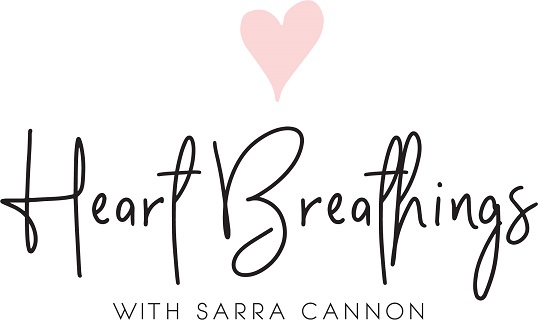

March 5, 2020 by Sarra Cannon
Writing isn’t easy, but what’s really tough is actually finishing a book! It’s easy to start books, haha. I’ve started dozens and dozens over the years. But finishing?
Yeah, that’s another story entirely.
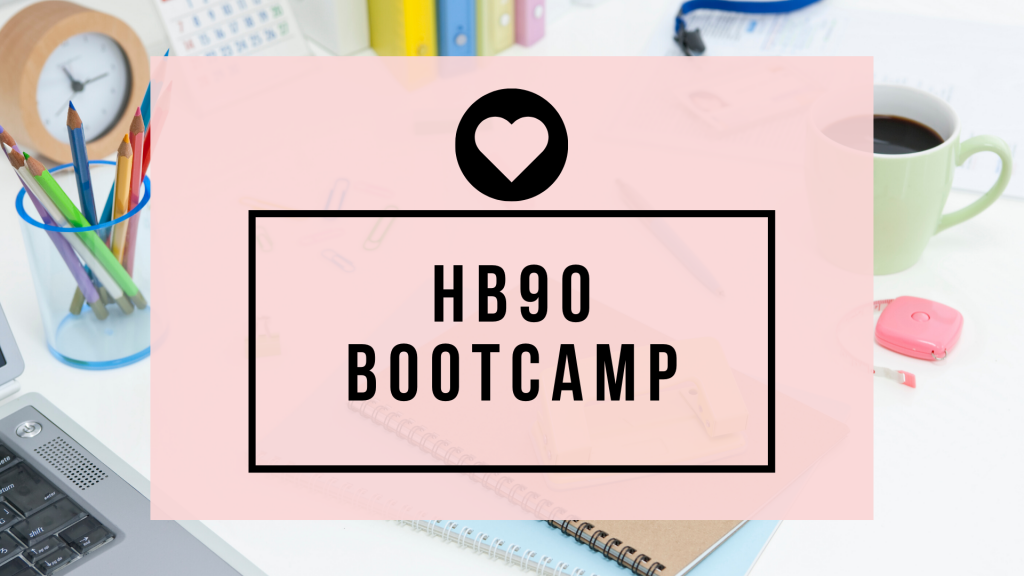
If you’re a chronic procrastinator, sometimes all you need is a set deadline. This can be something you hold yourself accountable for or something you share with an accountability partner. Sometimes just telling friends or family that you’re going to finish your book by a set date can light the fire you need to get it done!
Make sure, however, that your deadline is realistic. If the most you’ve ever written in a day is 1,000 words, don’t suddenly create a writing plan where you need to write 5,000 words a day. That will just set you up for failure and start a negative spiral.
Instead, figure out a realistic schedule and then add a few extra days to it so that it’s going to feel easy.
When you aren’t specific about your plan to finish the book, everything else is going to take priority over your writing time. If you’re struggling to finish or to find time, you can’t just expect the writing to magically happen “when you have time”. It’s just not going to happen, because unless you make time, you’ll never have it.
Decide how you’re going to finish. Are you going to create an outline, finish the rough draft and then move to edits, or write 4,000 words a week? What’s your plan for how to get it done? Download this writing plan below when you sign up for my list.

Subscribe now to download this Writing Plan and Scheduling page. Set deadlines and track your progress as you write your novel!
If you’re anything like me, you constantly feel behind and yet, you continue to procrastinate! Looking ahead, setting goal dates, and keeping track of your schedule as you write is one way to stay motivated and on target.
Where are you going to write? In your house? At the local coffee shop? Will you set up a special closet office to focus and get it done? Deciding where adds a certain level of commitment to the process.
Most importantly, when are you going to write? If you’re busy, you can’t expect to fit your writing in the cracks between everything else that’s going on. Set up a specific writing schedule and commit to it, as if it’s sacred. I can’t stress how important this is!
This is advice I heard from YA author Maureen Johnson many years ago, and it changed my life. Perfection can hold you back more than anything else.
As they say, you can’t edit a blank page. Just write! It’s totally okay if it’s the worst book of all time. You will edit it later and make it into something great. Don’t let fear and perfectionism keep you from writing.
Trust me. It’s better for your book to completely suck than for it to never exist at all.
If you’re stuck, the worst thing you can do is just stay stuck. Sitting around complaining about being stuck isn’t going to help you either!
What I recommend is to set aside a little bit of time to really figure out where you’re stuck. Is it a plot problem? Are you bored? Is your idea just not going in the direction you’d hoped?
Once you identify where you’re stuck, make a list (yay! an excuse for a new notebook!) of ways you can get yourself unstuck. The key here is to come up with a series of actions you can take. You could walk every day and think through the plot, or you could read a book on plotting to help spur a new process.
Maybe you could start over on your outline or try writing out at a cafe or with a group instead of doing it alone.
There are always ways to get back into motion, but sometimes our fear can paralyze us and convince us that we just aren’t any good. Don’t stop! Just get moving!
Negativity can quickly spiral out of control, and trust me when I say that there’s no space for creativity to flow when you’re stuck in negativity. Whether it’s complaining about your writing, the process, comparing yourself to someone else, feeling terrible about how long it’s taking, or just feeling down about your talent.
All negativity is going to hurt you when it comes to your writing.
If you notice yourself stuck in negative feeling and thinking patterns around your writing, you need to snap out of it as quickly as possible! Make a list of things that make you feel inspired or creative.
Go back to the original idea you had or what first made you want to write. Try to recapture that joy and that original feeling of excitement. Surround yourself with people who are excited about writing or reading. Meditate. Dance or listen to music.
What makes you feel good? Do that as often as possible and catch yourself if you get stuck in negative thinking. Start a positive momentum snowball, instead!
This is one of my favorite tips for getting more done and getting that book finished. Writing sprints are basically just times when you set a timer for a specific short period of time (5-50 minutes or so), eliminate all distractions, and then just write! Try not to stop or talk to anyone or check email, etc. Just write!
There’s something magical about focusing in for a set period of time, distraction-free. It just works.
Then, when your time is up, you take a break. Maybe 5 or 10 minutes, but decide ahead of time how long it will be a set another timer. When the break timer goes off, you’re back to writing.
Do this over and over with maybe a longer break in between every 3rd session. I have an entire video about this method (the Pomodoro method) here.
We are busy. Our minds are constantly occupied and racing. This is not a great environment to welcome creative ideas and flow when it comes to our writing.
In order to be successful, we as writers often need to set aside time when we aren’t thinking so much about everything we need to get done or what’s going on in the world.
If you’re struggling, try putting a little white space in your calendar. That means time where you don’t have anything scheduled but just being. Think about your story, take a walk, do something that makes you feel creative.
And if you just don’t have time to create a lot of white space? Take a few minutes at the start of your writing sessions to create your own small bit of white space. Welcome your muse in, light a candle, dance to some music, whatever you want to do. Something that helps to open your mind to the story and separate yourself from your busy life for a minute.
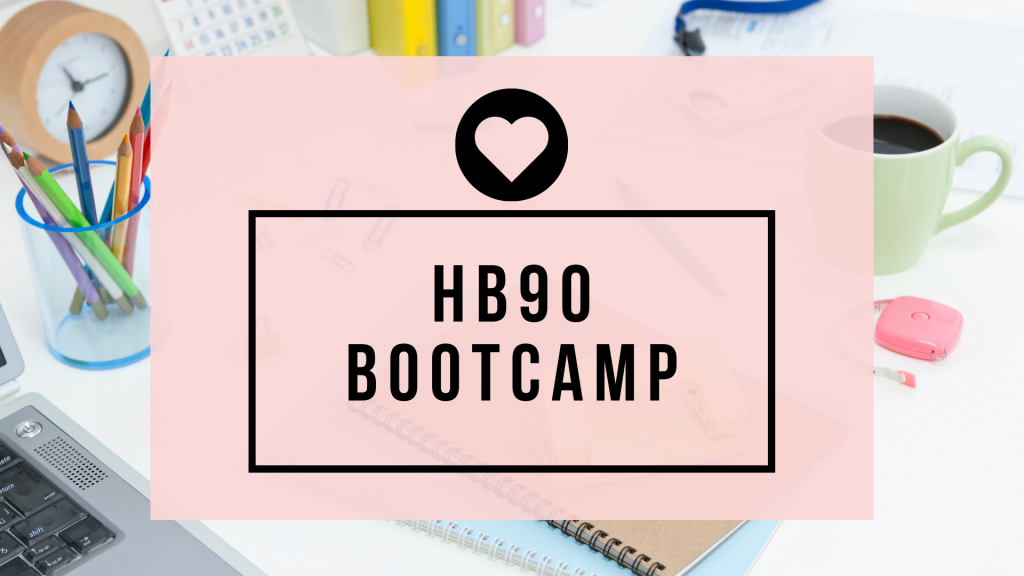
I hope you enjoyed this list of things to help you finish your book. If you’ve been feeling overwhelmed trying to get everything done and still make time for writing and creativity, I know you’ll love my HB90 Bootcamp.
This course has been a 3-Day course in the past, but I’ve recently completed re-recorded and revamped this entire course to make it even better. It’s now a full 7-Day Course that I know has the potential to change your life.
This is a program that just gets more useful and powerful the more you do it. If you want to read more about what we’ll cover and how it can change your life, head over to the HB90 Course website now.
Here’s what my student, Author Jennifer Evelyn Hayes has to say about the HB90 Course:
“Thirty years of dreaming. Thirty years of doubting. Thirty years of starting and stopping, and then giving up again. Those many years of wanting to write a novel — but never actually doing it — finally came to an end when I started using the HB90 quarterly planning system. My first books (plural!) will indie release this year. It’s an immense understatement to say that HB90 truly changed my life. I’m so grateful!”
Jennifer Evelyn Hayes
Wow! Honestly, when she sent this to me, I cried. I know how it feels to want to make big things happen and to just feel like it’s too overwhelming.
I came up with the HB90 system because I didn’t want to spend my whole life regretting that I never followed my dreams to the fullest.
If you want to join us, we’ll start Sunday, March 15th with a Live Kick-Off Call and go until Saturday, March 21. There will be daily videos and assignments for you along the way.
For more information or to sign up, head over to the site now.
In the comments, I’d love to hear how your writing is going. What are you working on now? Have you finished a book? Or are you still working on your first?
Also, I’d love to know if you enjoyed these tips!
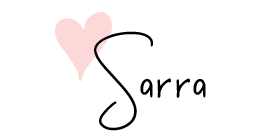
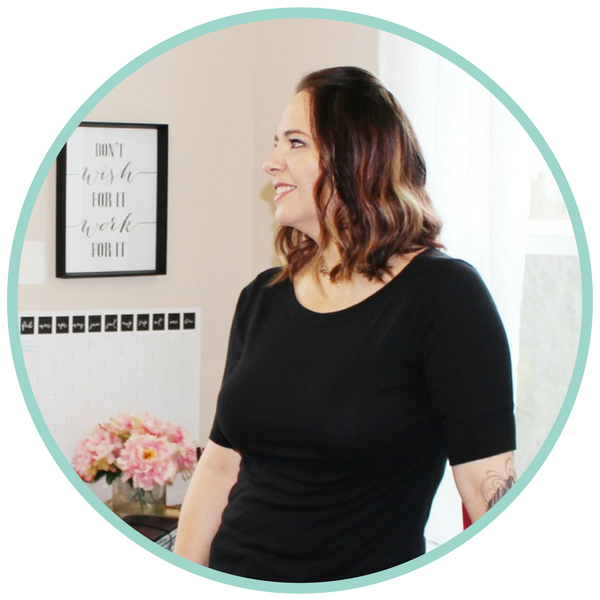
I have been self-publishing my books since 2010, and in that time, I've sold well over half a million copies of my books. I'm not a superstar or a huge bestseller, but I have built an amazing career that brings me great joy. Here at Heart Breathings, I hope to help you find that same level of success. Let's do this.
I love all of your tips. I suffer with depression even though I’m on meds. I’m trying to finish my autobiography; almost done. I’m on disability and can’t afford to pay for professional editing. Do you have any ideas? I’m in Canada, a country that doesn’t offer the stuff that US has.